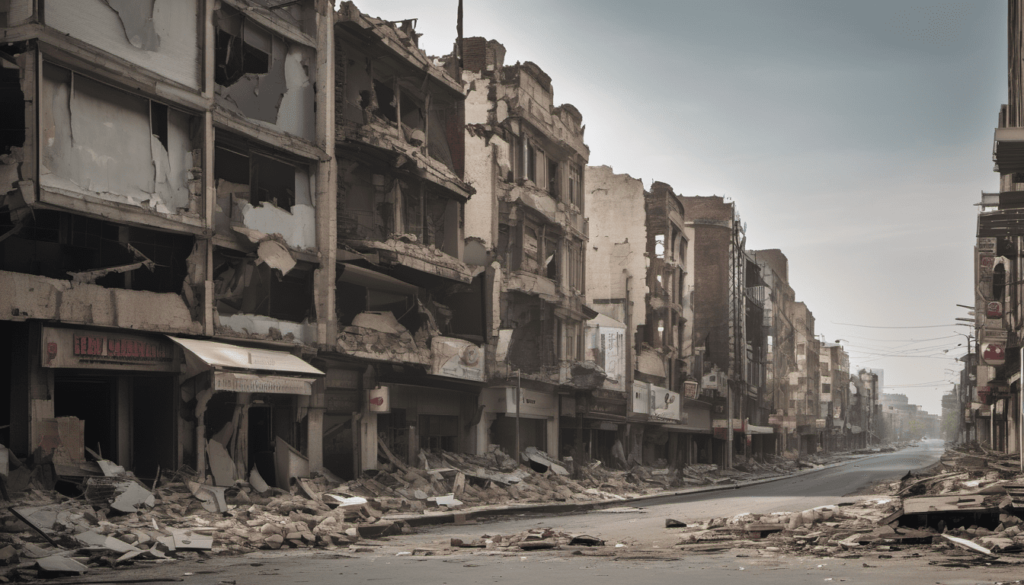It has been over two years now since the Russian invasion of Ukraine. This armed conflict has had serious economic implications not just for the local economy in both Ukraine and Russia, but also for the rest of the world.
In the past, prominent liberal thinkers, such as Friedrich Hayek and Alexis de Tocqueville, have highlighted the impact of war on a country’s freedom and prosperity. As de Tocqueville noted, the development of industry and trade that accompanies the expansion of democracy creates a situation where war is widely recognized as a catastrophe.
For more perspective on the catastrophe of war, see our related video:
Hayek, de Tocqueville, and the Russia-Ukraine War
For background, we need a quick history of Russian colonialism and expansionism in Ukraine.
Now, let’s assess the economic implications of the current war in Ukraine and point out the main global consequences on economic freedom and growth.
Russia is a biofuel exporting giant and one of Europe’s leading suppliers but has been suffering economic embargoes due to its attack on Ukraine. According to Yulia Svyrydenko, Ukraine’s Minister of Economic Development and Trade, the cost of the Russian invasion adds up US $564.9 billion in infrastructure damage, loss of economic growth, and other factors.

(And by the way, even if you don’t care about economic growth itself, a reduction in it will slow down progress on climate change.)
Furthermore, the cost of Russia’s war amounts to around US$ 900 million a day, according to Sean Spoonts, editor-in-chief of SOFREP. However, the impact of this conflict extends beyond the two countries involved; it affects other countries that depend on their commercial relationships, such as Lebanon and Palestine, which have experienced a shortage of grains due to their dependence on both Ukraine and Russia.
War does not yield benefits for either country. Rather, it serves as an economic setback and causes misery to the nations involved. This view is shared by Alexis de Tocqueville in his book Of American Democracy, where he emphasizes the need for peace to achieve prosperity. He argues that democracy is the key to development and progress and that warlike intentions tend to subside when individuals have opportunities to succeed through science and technology in a more developed nation.
In his book The Road to Serfdom, Hayek argued that economic freedom is a fundamental prerequisite for other forms of freedom, and that true freedom cannot be achieved if we are burdened with economic concerns. From an activist-political perspective, this statement is a call to action against the devastating effects of war.
The battle not only affects raw materials but also productive multinationals, especially those located in Russia, which have abandoned their operations in the affected territories. These companies include Visa, Mastercard, American Express, Deutsche Bank, BP, Shell, Exxon, Maersk, McDonald’s, Coca-Cola, Starbucks, Airbus, LÓreal, PwC, KPMG, Apple, Ikea, Spotify, Paypal, and Tik Tok among others.
Now, no one is going to shed any tears for those major corporations and their executives, but it’s worth considering all their employees — men and women with families to support — who are now out of a job.
For more about the real people affected by the Ukraine War, watch:
Following Hayek’s reasoning, if there is no political freedom, there is no economic freedom, and in a country without this freedom, there cannot be prosperity.
Solutions to war: Fighting for liberty daily
From a purely economic perspective, some might argue that withdrawing from the Russian market would be detrimental. However, as Benjamin Franklin once said, “Those who are willing to renounce essential freedom in exchange for a small temporary security do not deserve freedom or security.”
And the reality is, that the billions of voluntary economic transactions that take place in Russia and elsewhere are part of the daily, even hourly fight for freedom.
RELATED:
So sure, companies could focus on the Russian internal market without worrying about competition or threats to their growth in the territory. (Side note: there are some good libertarian alternatives to war with Russia.)
But what message would this send? And would companies’ customers be ok with it, or would they decide to support a competitor? That’s up to them, and that’s the beauty of competition in a free market.
Are you a student interested in getting involved in pro-liberty activism? By applying to join Students For Liberty’s Local Coordinator Program, you can be supported in promoting the ideas of liberty while also developing your skills and meeting many like-minded students from across the world. Click on the button below to find out more and get involved!
This piece solely expresses the opinion of the author and not necessarily the organization as a whole. Students For Liberty is committed to facilitating a broad dialogue for liberty, representing a variety of opinions.



